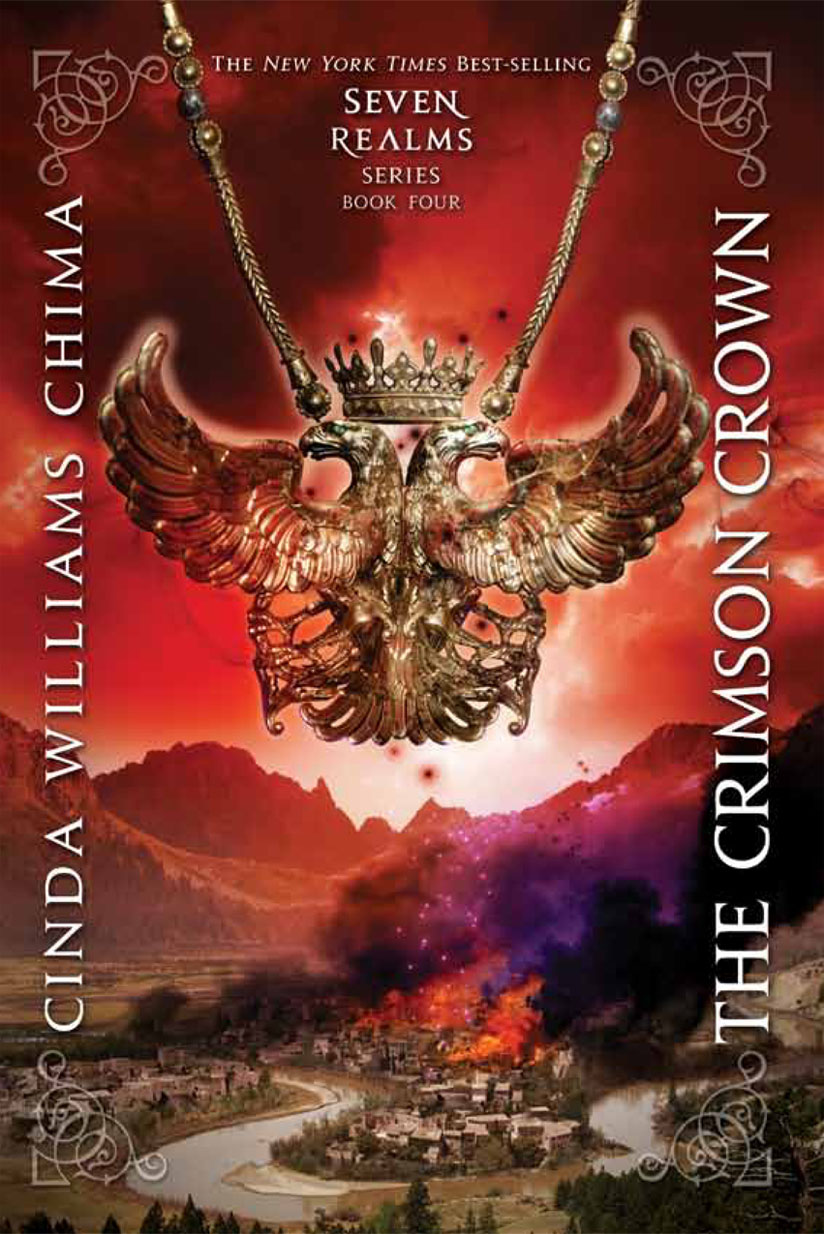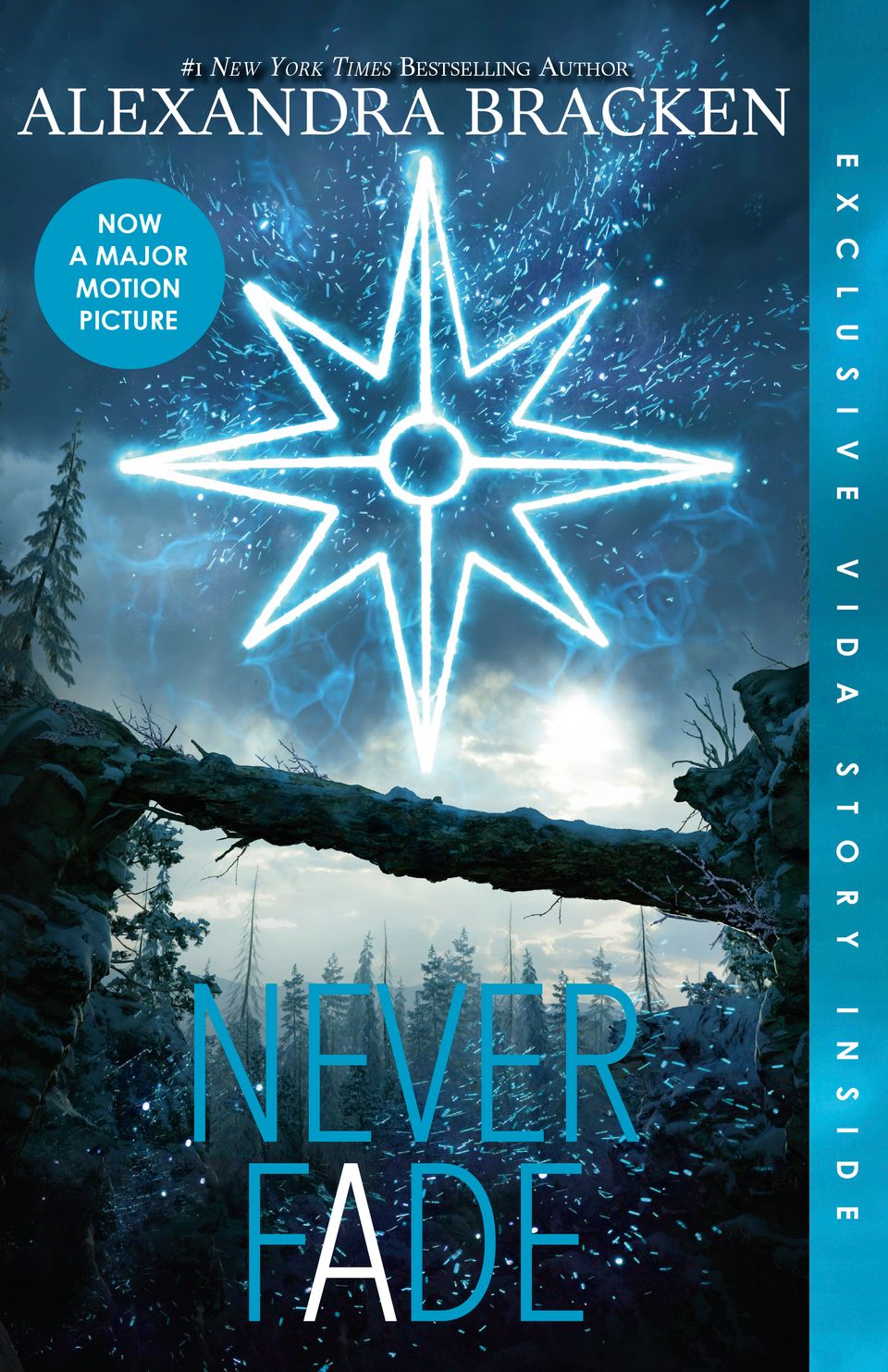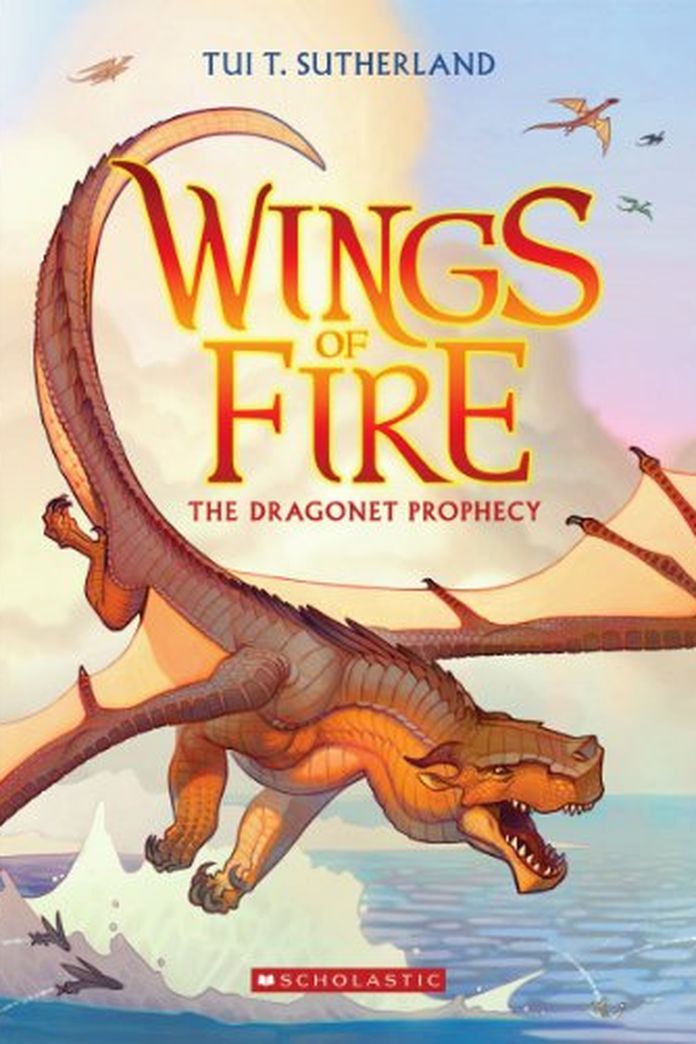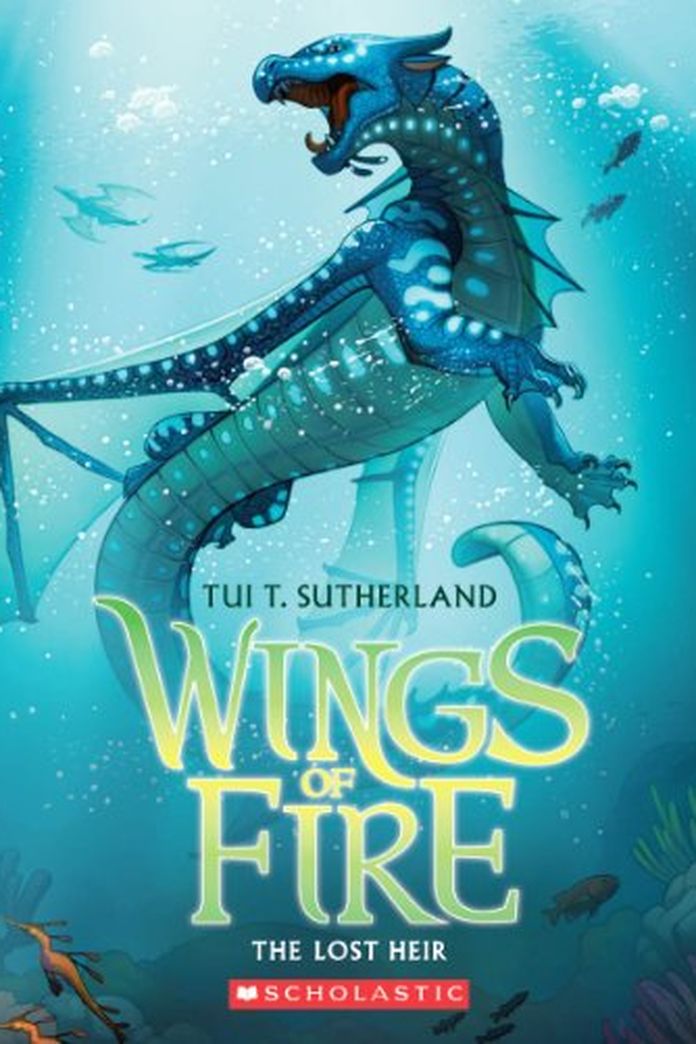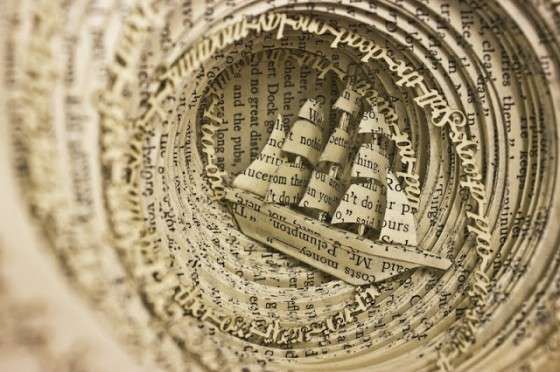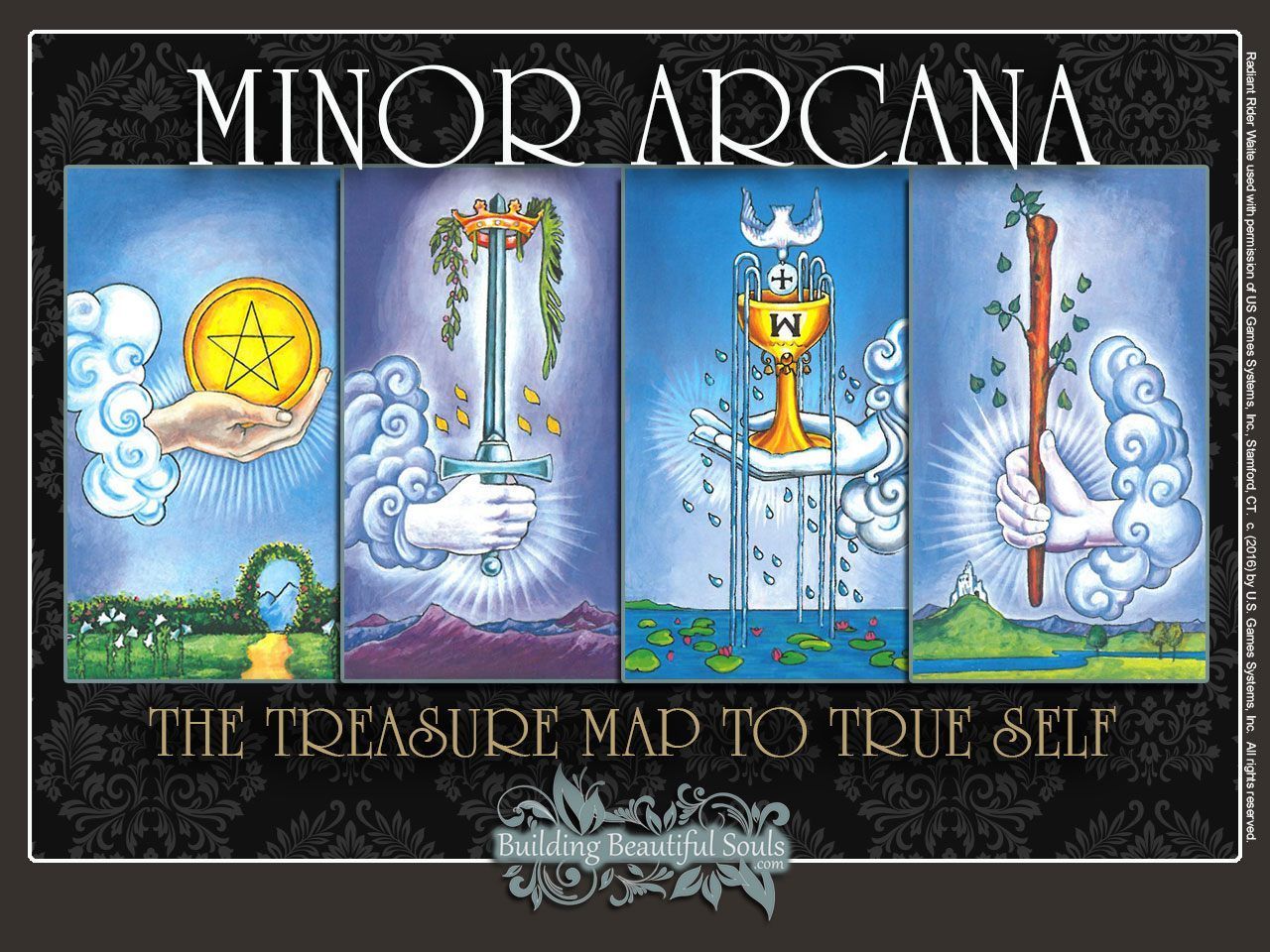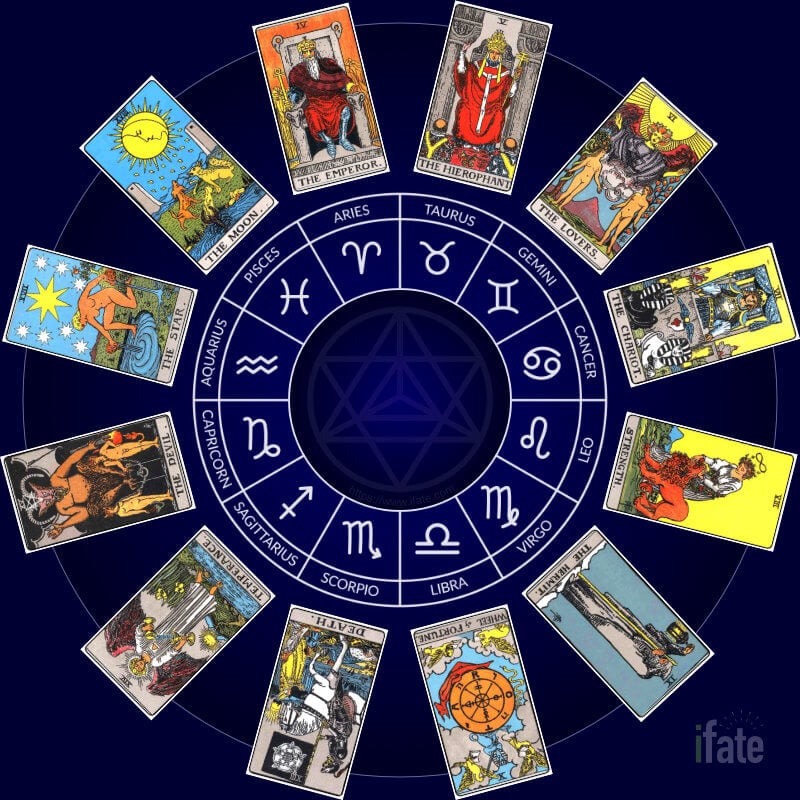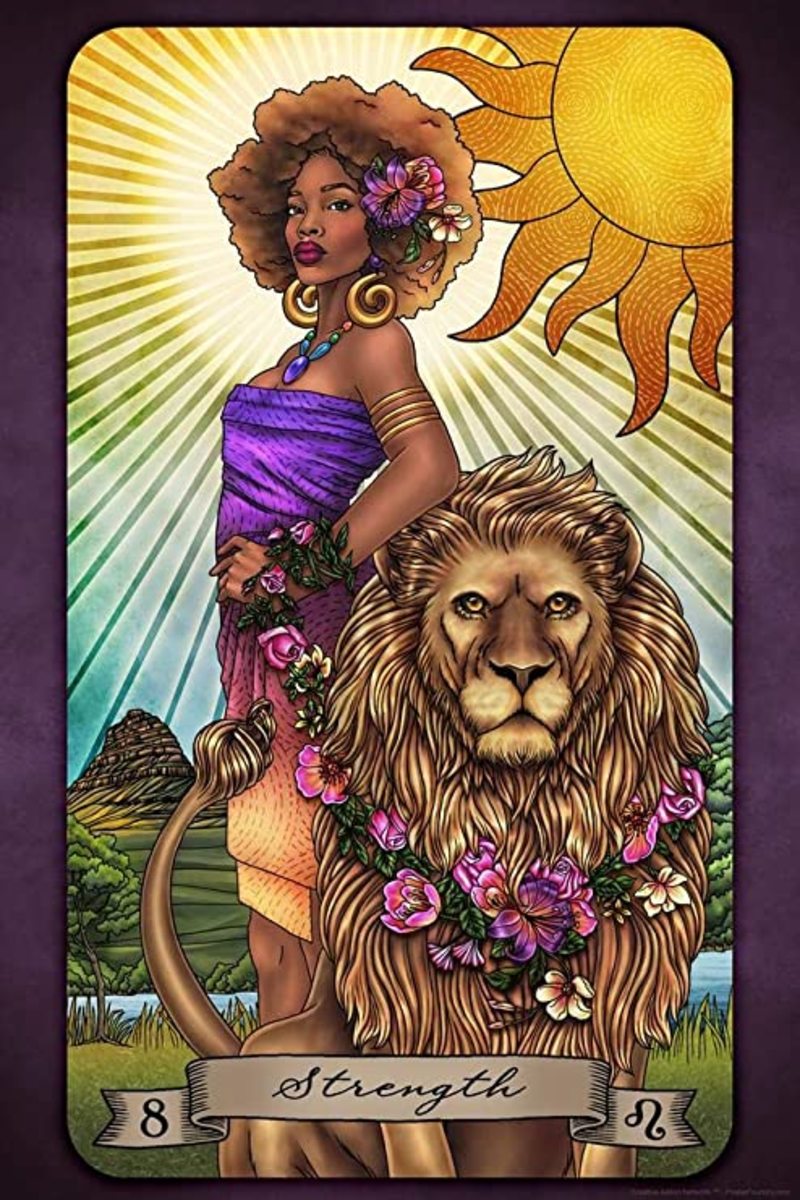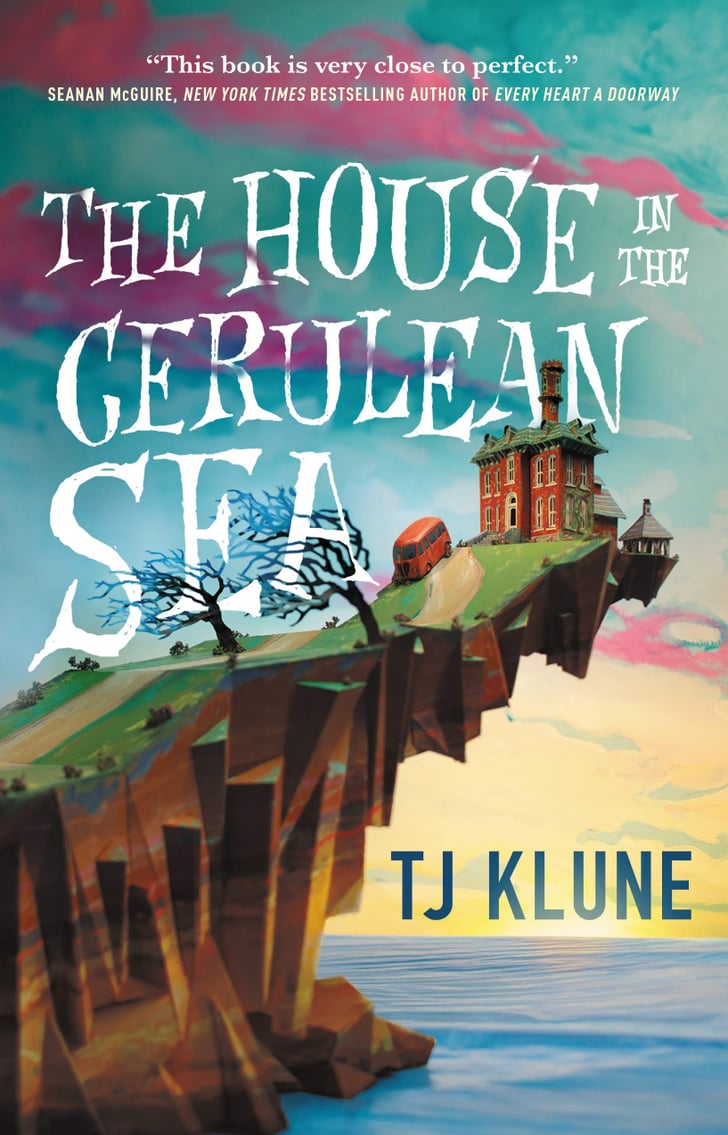
For a more wholesome turn, we enter the world of “The House in the Cerulean Sea.”
In this universe, the world works about the same way it normally does for us with one key difference:
Magical Creatures.
With the addition of these dangerous creatures, human government has looked to create control and order through extensive bureaucratic filing.
Magical creatures are required to be registered and regular citizens are encouraged to “see something, say something.”
Linus Baker is a middle-aged man, working for the Department in Charge of Magical Youth as a caseworker.
He believes in the work his department does for both the good of humans and magical creatures.
But when he gets a very peculiar assignment from upper management to observe a very specific orphanage,
his entire understanding of the world comes into question as eight remarkable people suddenly crash into his life at Marsyas Island Orphanage:
The children, Phee a mistrusting sprite, Sal a were-Pomeranian, Theodore one of the last wyverns, Talia a young gnome, Chauncey who no one is quite sure what he is,
and the most dangerous of all, Lucy (I’m not going to spoil who he is, but Linus did pass out upon finding out).
They are all wards of Arthur Pernassus, and are also under the care of a wise sprite Zoe Chapelwhite.
As Linus becomes closer to all the island’s inhabitants, he starts to see the injustices of a system that he previously ignored.
This is a whimsical feel-good story with a few barbs under the surface.
It explores the darker themes of abuse within a foster-care like system, as well as systemic discrimination/inequality.
In the face of these themes, the children of the story are incredibly resilient.
It’s an even combination of children saying profound simple things that we should all try to remember,
and then being hilarious in a way only little kids can be.
Like picture the “mom a frew up” meme.
These kids definitely give the vibes of children who will run up to you and just be brutally honest about the most random things,
but in creative ways that you can’t help but chuckle at.
And Linus, having a stick up you-know-where, is a sputtering mess in the beginning.
The character development of Linus in particular throughout the book is satisfying in terms of the evolution in his perspective,
as well as his view of himself.
You can see as the children (and Arthur wink, wink) teach him to accept, and stand up for himself as he does for them.
It’s found family at its best.



